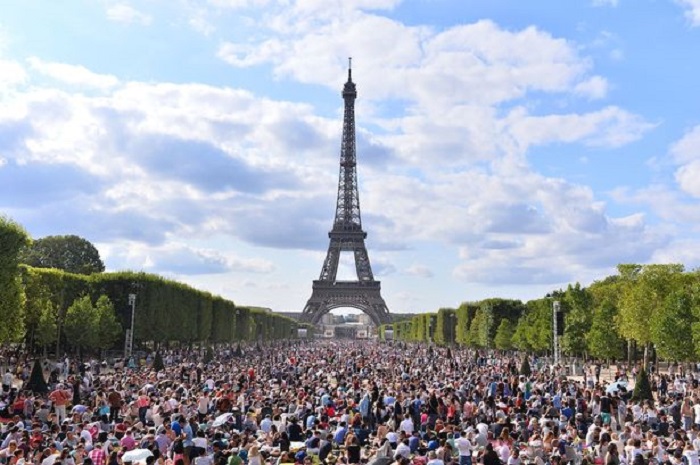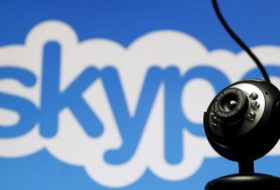What the national French day means & celebrations across Paris & London

Bastille Day is celebrated annually on July 14 in France and French-speaking regions around the world.
Signifying the start of the French Revolution, more than 200 years on it`s still a central event in the nation`s calendar, with celebrations including military parades.
The storming of the Bastille prison by angry crowds in 1789 Paris may have been a violent day, but nowadays it`s marked peacefully by millions.
If you`re interested in the seismic event which saw the nation go from a cowed monarchy to a proud republic, here`s all you need to know.
What is Bastille Day?
The events of July 14, 1789 helped entrench La Fête Nationale - the national holiday - in France.
After all, they helped to kickstart the revolution which saw an out-of-touch monarchy ditched as people took back power from the elites.
The day itself is celebrated in true Gallic style annually - since 1790 - with events held throughout France.
How do the French celebrate?
The `Fête de la Fédération` as they call it sees the oldest and largest military parade in Europe held in the morning on Paris` iconic Champs-Élysées.
Gathering more than 4,000 military and police personnel, the event is attended by the French President - currently François Hollande - and assorted French dignitaries.
In the evening, La Tour Eiffel takes centre stage as the sight of some pretty audacious fireworks.
What actually happened with the Bastille then?
The Bastille started out as a medieval fortress around 1370 in Paris, but later became a prison.
Under King Louis XVI, many opponents of the monarchy were kept there, often without trial.
But in 1789, tensions boiled over when the monarchy`s failings coupled with high taxes and food prices incited people to revolt.
Kicking back against the feudal system, members of the public - including many starving through poverty - decided to hit back against Louis XVI`s plans to raise taxes further.
Targeted because of its symbolism of royal rule, the Bastille - complete with seven prisoners - was attacked by 300 violently revolutionaries keen to get their hands on an armory stash onside.
A battle ensued, where the walls were pulled down and the governor killed.
Did it all end well?
For many, yes - but not for the monarchy. Within weeks, the National Assembly abolished feudalism and adopted the Declaration of the Rights of Man and of the Citizen as its constitution, stating: “Men are born free and remain free and equal in rights.”
Later that year Louis XVI and his queen - Marie Antoinette - were executed.
A long period of political instability followed and Napoleon Bonaparte led a coup that, in 1804, helped him become first Emperor of France, instantly installing himself as a military dictator for the next 15 years.
What do I say to French people on July 14?
Whatever you say, don`t call it Bastille Day. That`s a British term - the French call it the much more poetic `la fête du 14-Juillet`, or simply `la fête nationale`.
In fact, you don`t wish people `happy` anything. Perhaps safest sticking with "Vive la France! Vive la République!" because that`s what it was all about.
Where else celebrates Bastille Day?
French ex-pats across the globe in locations as diverse as New Orleans, New York City, Sydney, Perth and Melbourne, Australia will be holding events.
There are also notable celebrations in Europe including Belgium, Hungary, India, Ireland, New Zealand - wherever there is a French influence.
Do they celebrate in the UK?
London`s foodie destination Borough Market goes French to celebrate Bastille Day in a festival to mark around 300,000 French people living in the UK.
Do you have any French phrases for Bastille Day?
Bien sûr.
French Revolution - la Revolution Francaise
Republic - la Republique
French flag - le drapeau tricolore
Fireworks - le feu d’artifice
Military parade - le defile
Football fans sing La Marseillaise in support of France after terror attacks:
Homeland - la patrie
Long Live France - Vive la France
Storming of the Bastille - la Prise de la Bastille
Eiffel Tower - la tour Eiffel
French national anthem - “La Marseillaise"















































